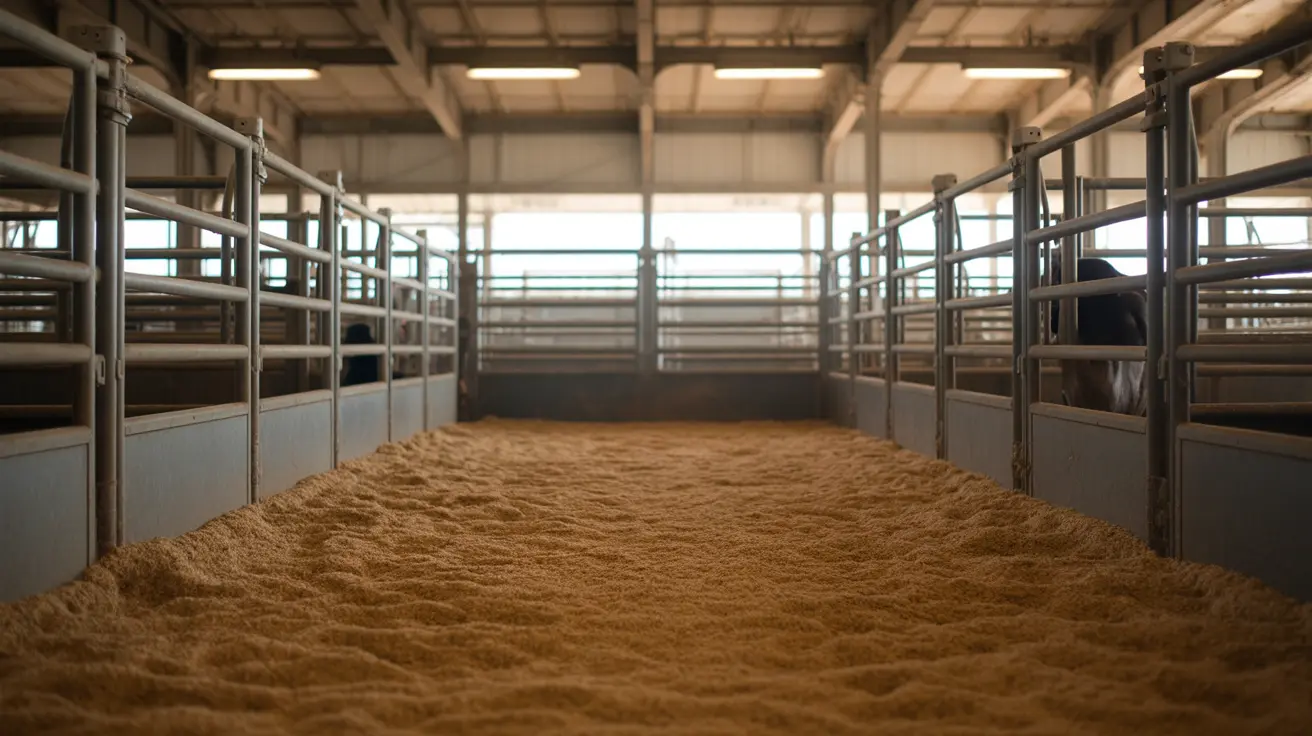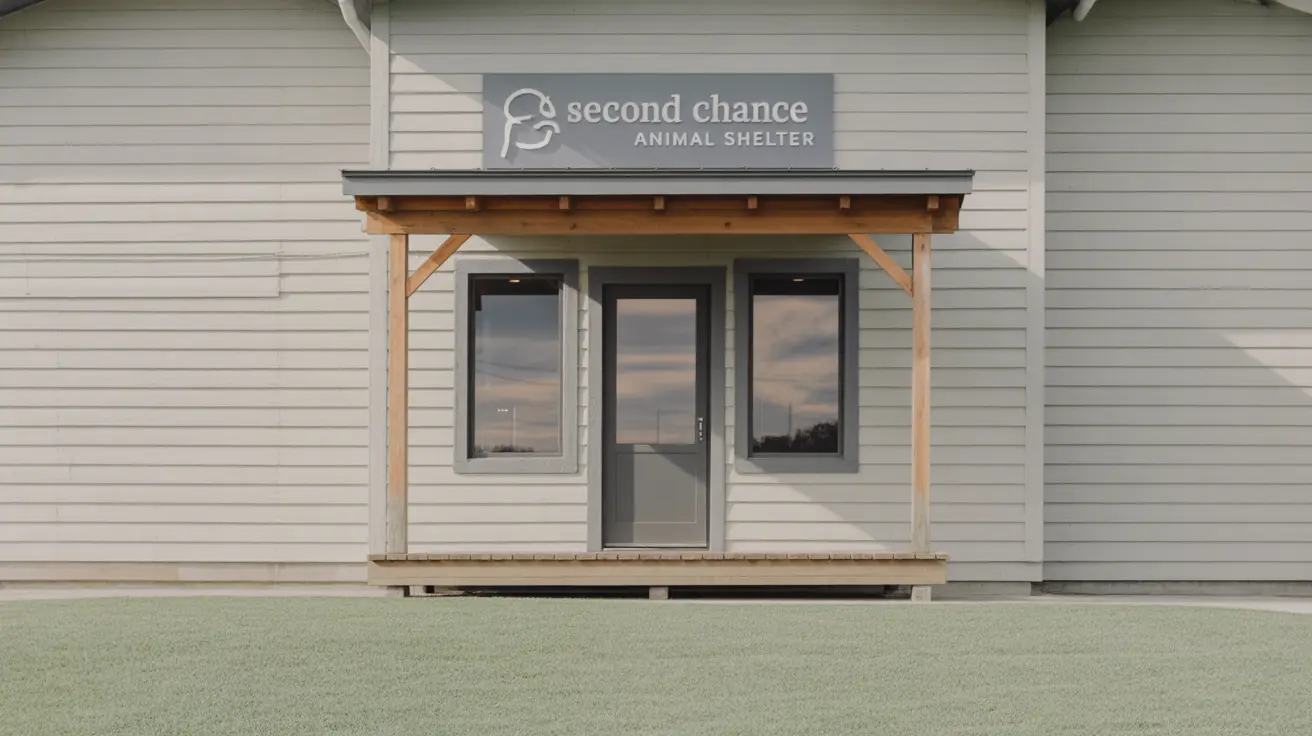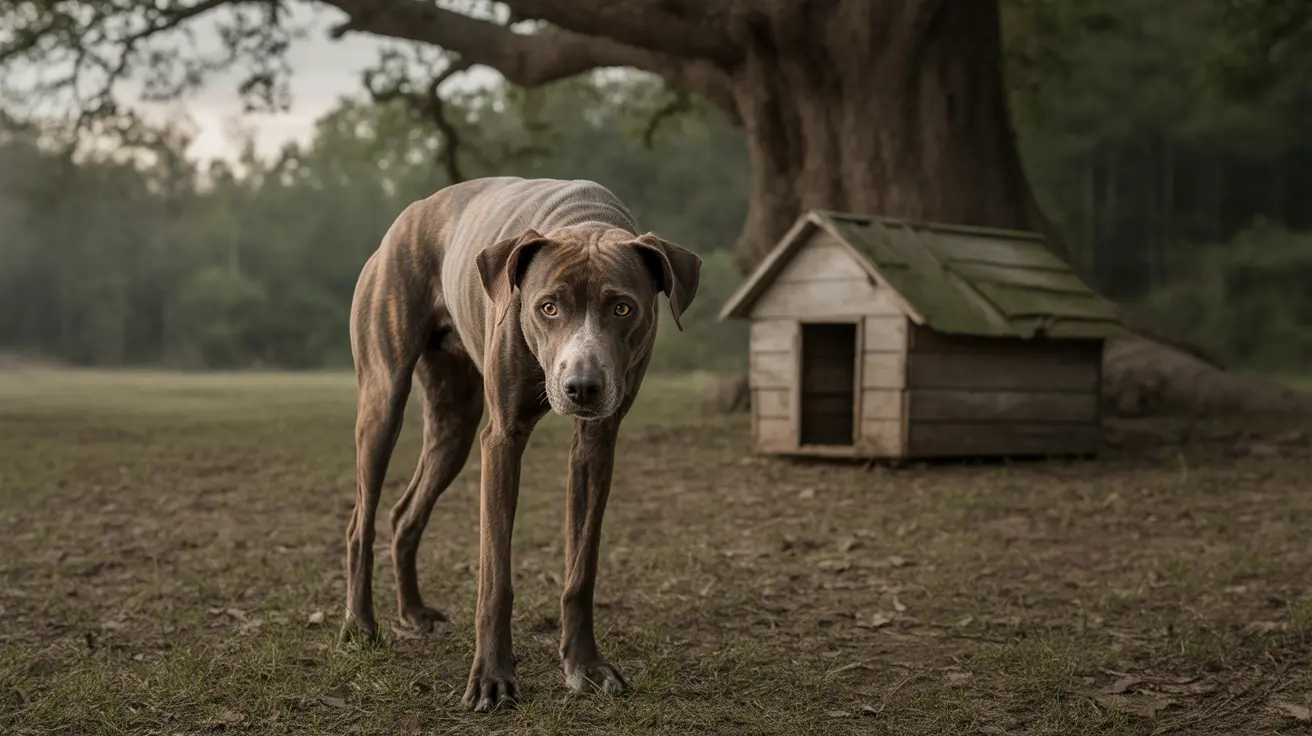Is Baby Food Safe for Dogs? What Pet Owners Should Know
Many pet owners wonder, "Can I give my dog leftover baby food?" The short answer is yes, but it comes with several important considerations. Baby food can be a useful, temporary solution in certain situations, such as encouraging a sick dog to eat or helping administer medications. However, it should never replace a balanced canine diet long-term. This article explores the benefits, risks, and best practices of feeding your dog baby food.
When Is Baby Food Useful for Dogs?
There are specific cases where baby food can be beneficial for dogs:
- Loss of appetite: Dogs recovering from surgery or illness may be more willing to eat soft, tasty baby food.
- Medication delivery: Mixing medicine with baby food can ease the process of administering oral medications.
- Digestive issues: Bland foods like baby pumpkin or sweet potato can soothe upset stomachs.
Types of Baby Food Safe for Dogs
Only specific types of baby food are safe:
- Meat-based purees: Chicken, beef, or lamb flavors without added seasoning or preservatives are ideal.
- Fruits and vegetables: Banana, pumpkin, and sweet potato are well tolerated and offer fiber.
Always check labels carefully to ensure that products are free from salt, sugar, onion powder, garlic, and artificial sweeteners like xylitol.
Ingredients in Baby Food That Are Dangerous for Dogs
Some ingredients commonly found in baby food can be toxic to dogs. Avoid any food containing:
- Onion and garlic: These can cause anemia and damage red blood cells.
- Xylitol: This artificial sweetener can lead to a dangerous drop in blood sugar and liver failure.
- Seasonings and preservatives: Added salt, sugars, and certain herbs or spices can harm your dog.
Best Practices for Feeding Baby Food to Dogs
- Moderation: Baby food should make up no more than 10% of your dog’s daily diet.
- Storage: Discard any unused portions 24 hours after opening.
- Preparation: Warm the food gently and mix with water if thick. It can be served standalone or used as a topper on regular food.
Safer Homemade Alternatives to Baby Food
Whenever possible, opt for homemade bland meals, such as:
- Boiled chicken and rice
- Cooked, pureed vegetables
- Plain canned pumpkin or sweet potato (unsweetened)
- Bone broth for hydration and nutrition
Signs That You Should Consult a Vet
If your dog shows signs of gastrointestinal distress such as:
- Vomiting or diarrhea
- Refusing to eat or drink
- Excess fatigue or unusual behavior
it's vital to consult your veterinarian before introducing any new foods.
Dogs With Special Dietary Needs
Dogs with conditions such as diabetes, allergies, or age-related health issues may require specific dietary considerations. Always check with a vet before making dietary changes for such pets.
Common Human Foods Harmful to Dogs
When offering human food (including baby food), avoid these toxic items:
- Xylitol (sugar-free products)
- Onions and garlic
- Grapes and raisins
- Avocado
- Chocolate and caffeine
- Alcohol and yeast dough
- Raw meat, eggs, and fish
- Cooked bones and fatty trimmings
- Dairy products (causing lactose intolerance)
- Salt in large quantities
Conclusion
To summarize, baby food can be a helpful, short-term supplement in your dog’s diet when used responsibly. Ensure it's free of harmful ingredients and offered in moderation. As a general rule, choose simple, meat-based purees or mild fruits and vegetables, and dive into homemade options when available. Never use baby food to delay veterinary care for a sick pet. Always prioritize your dog’s long-term nutrition and well-being by consulting professionals before making significant changes to their diet.





